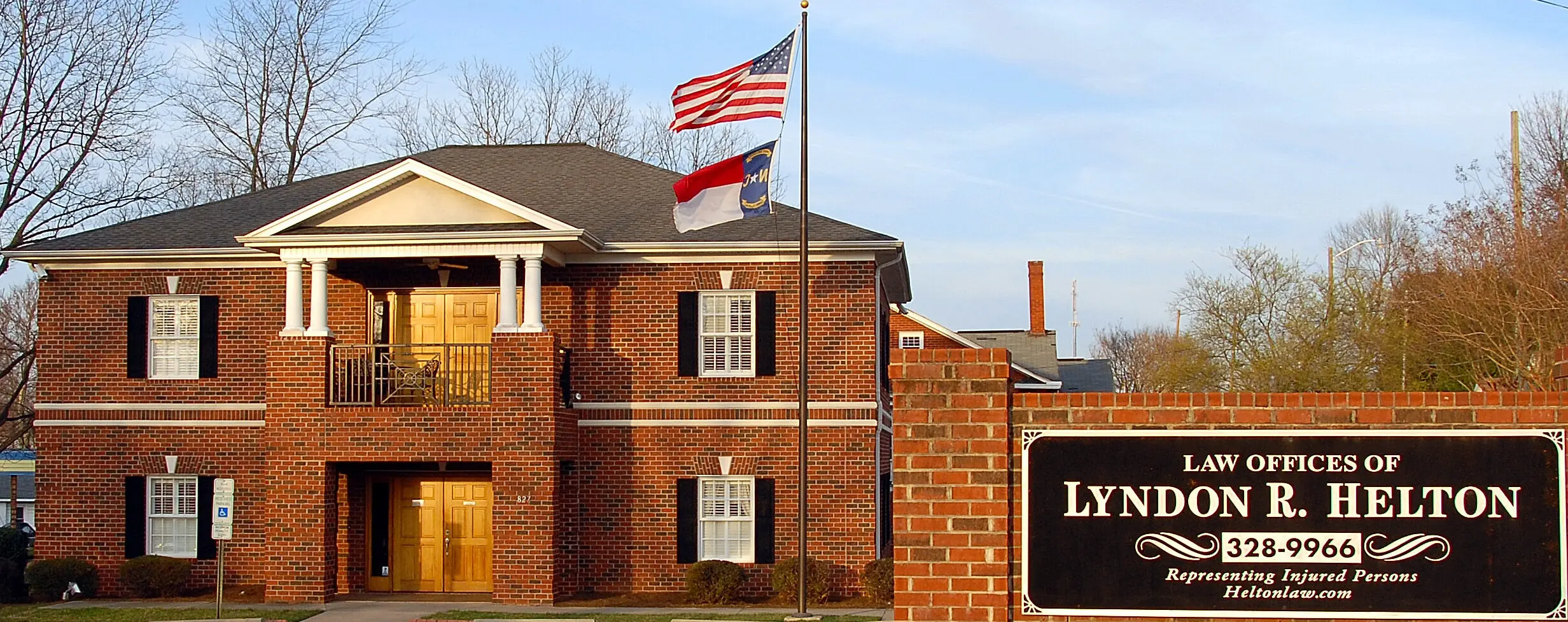
4,000+CASES HANDLED
About Law Office of Lyndon R. Helton, PLLC
You will notice the difference at Law Office of Lyndon R. Helton, PLLC, because your life and your needs matter to us. When you come to our office, you will speak directly with an attorney who can answer your questions right away. We believe in taking the time to get to know you, your family and your needs so we can find the solution that works for you.
meet our team

Lyndon R. HeltonAttorney
Law Office of Lyndon R. Helton, PLLCComprehensive Legal Services
The attorneys at Law Office of Lyndon R. Helton, PLLC, have a broad range of experience in a variety of practice areas to meet your legal needs, including workers’ compensation, personal injury and Social Security disability. No matter why you need an attorney, you can be assured that we have the experience to take your case.
Our Attorneys Are Here For You
The only promise we make is that we will make every effort to do these things, and we will fight hard to serve you best.
We are committed to resolving your case fairly and as quickly as possible. There is no fee for an initial consultation with our office for personal injury and disability claims. Any information about your case is protected by the attorney-client privilege of complete confidentiality and will not be released to anyone.
To schedule an appointment with our firm today, call our law office located in Hickory, North Carolina, at 828-328-9966 or 888-321-0494 (toll free) . You may also seek a consultation by sending us an email through our online intake form.

Contact Us Today(828) 328-9966
Testimonials
While working as a deputy sheriff, I injured my back while arresting an intoxicated person. After dealing with Workman’s Compensation for a number of years and getting nowhere, I contacted Lyndon and he assisted me through the twists and turns dealing with Workman’s Compensation and helped me reach an agreement with them where I could get on with my life.…
Eddie
I was involved in a motor vehicle accident while on my job. Lyndon took both my cases: motor vehicle and Workman’s Compensation case. Lyndon was very, very supportive of me getting medical attention, because my Workman’s Compensation kept denying the claim. They wouldn’t let me go to a doctor for four months. So he sent me — he said you…
Deanne
While on the job, I broke my leg in two different places to where they had to put rods and screws. And I thought Workman’s Comp would do the fair thing and be just about it. But anybody who thinks Workman’s Comp is gonna do you a favor and do the right thing … lives on another planet. I got…
Larry








827 Highland Avenue Northeast Hickory, NC 28601




